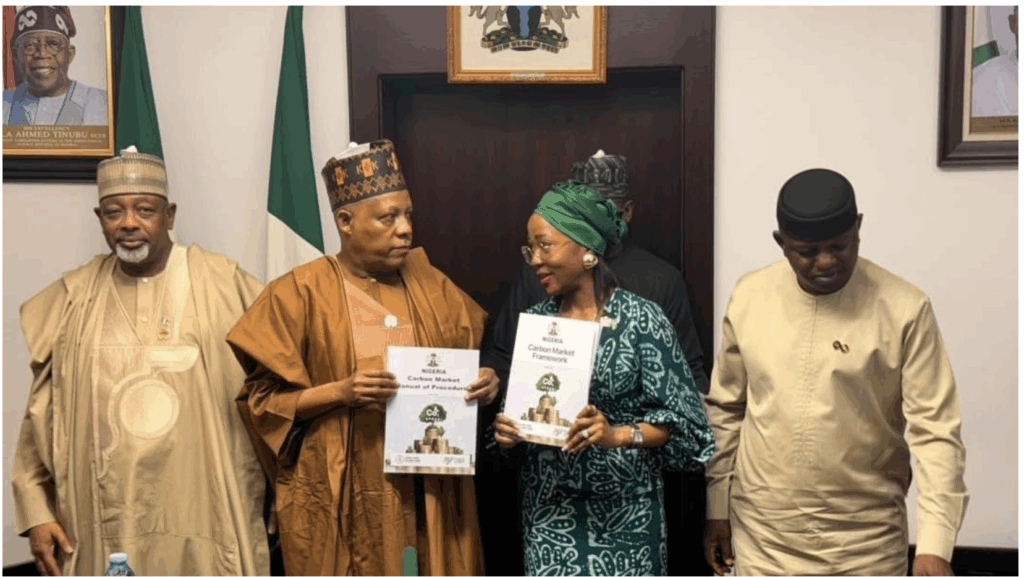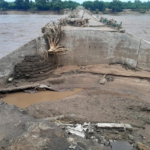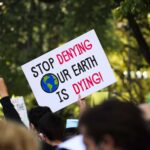Nigeria has approved a national framework for carbon trading and activated its long-awaited Climate Change Fund, in a move President Bola Tinubu says will “unlock new investments and jobs” while stepping up the country’s climate commitments.
The announcement comes just weeks ahead of COP30 in Brazil, signalling Nigeria’s intention to take a more assertive position in the global carbon market, where countries and companies buy and sell carbon credits to offset greenhouse gas emissions.
Nigeria eyes billions in climate finance
President Tinubu, represented by vice-president Kashim Shettima at a National Council on Climate Change (NCCC) meeting in Abuja, said the new framework could attract up to $3 billion annually in carbon finance over the next decade.
“Climate action is not just an environmental imperative but an opportunity,” Tinubu said. “We are committed to policies that protect people, strengthen our economy, and position Nigeria as a destination for green investment.”
For the first time, the NCCC will also receive stable funding from the national budget through FAAC allocations — moving it away from dependence on ad-hoc project grants and donor support.
A push to lead, not follow
Omoteniola Majekodunmi, director-general of the NCCC, said the council is “ready to translate climate goals into measurable impacts” and is preparing Nigeria for a stronger role in global negotiations at COP30.
“With this framework, Nigeria is now eligible to tap into the next generation of climate funds,” she said.
Finance minister Wale Edun echoed that urgency, calling the framework “key to positioning Nigeria in a rapidly evolving global market,” and announced plans for a new dashboard to track climate funding.
More than policy, it’s a signal
For a country already facing climate-driven floods, shrinking farmlands, and energy challenges, experts say the move is significant, but action must follow policy.
With proper implementation, the new framework could channel money into clean energy, agriculture, and industrial innovation, empowering local communities and boosting climate resilience.
As the world gears up for COP30, Nigeria now has a clearer voice and roadmap. The question is whether it will move fast enough to match the scale of the climate emergency.










